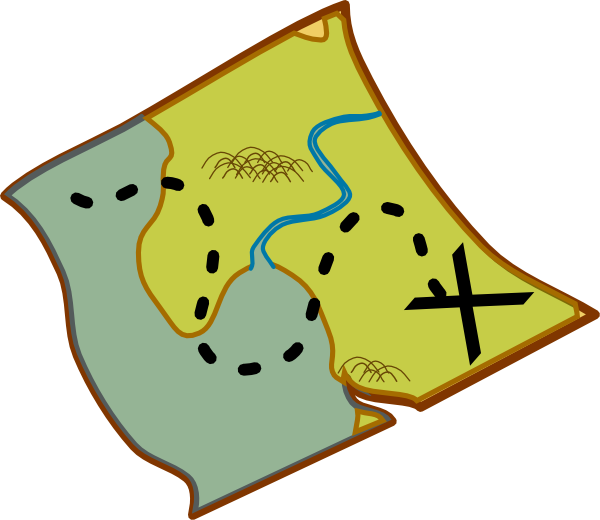To Outline or Not to Outline: A Question Only You Can Answer
 A few weeks ago, as I fretted over my Dark Crystal submission (which I still haven’t started), one commenter authoritatively told me I must write an outline for it. I did, and I am, because it’s such unfamiliar territory for me that I just feel a lot safer going in with a map. But that’s not always the decision I make.
A few weeks ago, as I fretted over my Dark Crystal submission (which I still haven’t started), one commenter authoritatively told me I must write an outline for it. I did, and I am, because it’s such unfamiliar territory for me that I just feel a lot safer going in with a map. But that’s not always the decision I make.
Currently, I’m reading APE: Author, Publisher, Entrepreneur, which recommends outlines and disses authors who don’t use them handily in one tidbit of advice:
“Many authors find an outline too constricting, but an outline sets me free. If you can’t write an outline, perhaps your thoughts are insufficiently organized.”
I had to bristle at this. It’s one thing to offer advice to would-be writers, quite another to imply that they are lacking if they do not follow your advice. The March/April issue of Writer’s Digest featured a wonderful article on “organic writing”; that is, writing without an outline, seeing where the story might take you. I used to be an outliner, but then I met NaNoWriMo, and I discovered the joy of flying by the seat of my pants. That’s when I learned I could be an organic writer, too, and now I often write without an outline. The advantage is a heightened sense of discovery; the disadvantage is the potential to panic if you don’t know what’s next, which can perhaps lead to an increased risk of writer’s block (at least, it does for me.)
A friend in my writer’s group has recently begun writing his short stories without an outline. There is no difference in quality between those that were written with or without outlines; if anything, the ones written without outlines are better, because he continues to develop his skill as a writer.
I once read something about Stephen King in which he said he no longer used outlines, that he could “feel” when the story was getting off-track and self-correct it. I find that writing without an outline has developed this sixth sense in me as well. If you think of an outline as a map, it makes a lot of sense to use it in unfamiliar territory to keep you from getting totally tangled in your jumble of prose. But after you’ve been writing for years, especially in a particular genre, you probably will get through the thicket just fine without a map to guide you. Your intuition will tell you when you’re going down the right path, and when you aren’t. And if it doesn’t? Revision is your friend.
I’m currently working on a novel-writing webinar for girls that I will offer in partnership with New Moon Girl Media. I plan to start with the idea that there are two types of writers: “planners” and “pantsers” — those who plan in advance of writing, and those who get by “by the seat of their pants.” Both types can and do win publication, popularity, and acclaim. I recommend trying both methods to see which you prefer, and more importantly, to get a sense for which approach is appropriate for each particular work. And if you ditch the outline? It doesn’t mean your thoughts are too “disorganized” to make a good book — only that you’re brave enough to tackle your adventure without a map.